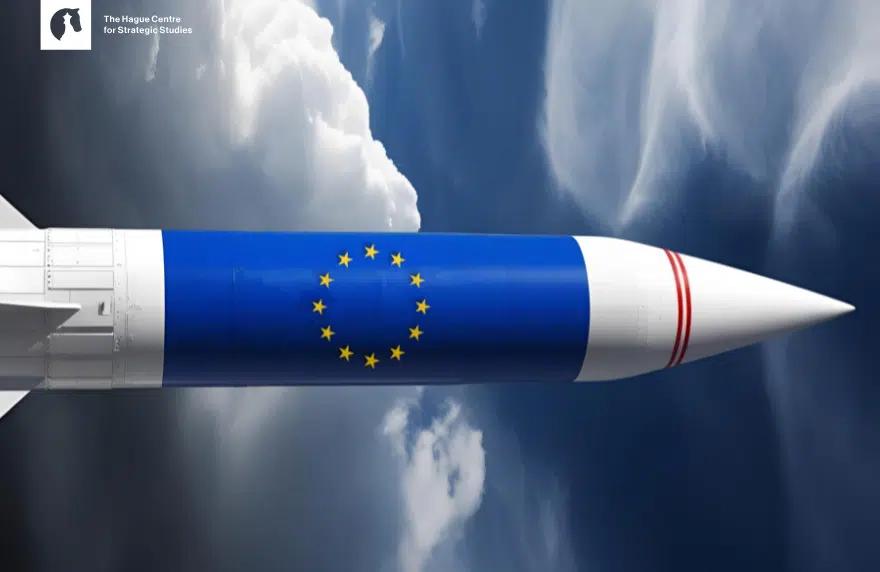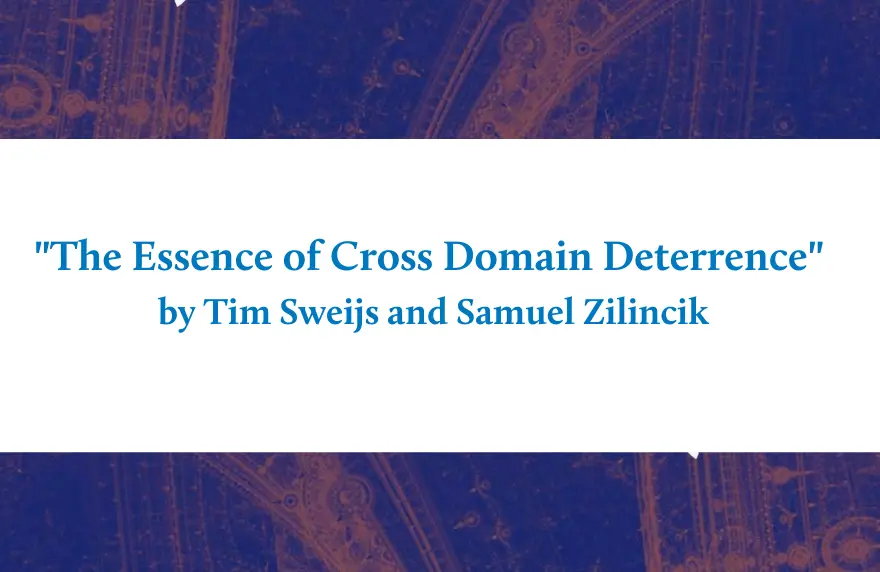The international nuclear order is facing unprecedented challenges, with deterrence re-emerging as a central defence strategy, particularly for European nations. However, the reliability of U.S. extended deterrence is increasingly uncertain due to Washington’s shifting global security priorities and transactional approach to alliances. This new HCSS report by Davis Ellison, Samuel Zilincik, and Tim Sweijs explores the implications of these developments for European security and examines potential pathways for European states to take greater ownership of their defence.
For decades, European security was underpinned by U.S.-Russia arms control agreements, including INF, ABM, START, and New START. The dissolution of these treaties has left Europe vulnerable as both nations develop new nuclear capabilities. The U.S. modernization program, aimed at strategic superiority, prioritizes national defence over extended deterrence, further raising concerns about Europe’s reliance on American nuclear guarantees.
The return of Donald Trump and his transactional and even hostile view of alliances places additional pressure on European NATO members. Efforts to secure U.S. support through defence spending commitments and arms purchases may provide temporary assurances but expose Europe to intra-alliance coercion. In this evolving landscape, European nations must explore independent strategies to maintain security and deterrence.
This report outlines six strategic options for Europe:
- European Nuclear Proliferation: A radical and high-risk approach that would violate the Non-Proliferation Treaty (NPT) and escalate tensions with Russia.
- Nuclear Latency: Developing nuclear capabilities without full weaponization as a deterrent signal.
- Euronuke Option: A shared European nuclear force, possibly led by France, to maintain deterrence without full U.S. reliance. Questions around control, doctrine, and cost remain, however.
- Expanded NATO Nuclear Sharing: Increasing European participation in NATO’s nuclear mission, though this is politically challenging.
- Strategic Conventional Weapons: Investing in advanced long-range conventional strike capabilities as an alternative deterrent.
- European Nuclear Weapons-Free Zone (NWFZ): A diplomatic approach to reinforce non-proliferation but one that risks nuclear blackmail by adversaries.
The authors provide a comprehensive evaluation of these options, assessing their political feasibility, military effectiveness, escalation risks, and broader arms control implications.
Conclusion:
While complete nuclear independence may be unrealistic, Europe must rethink its security posture and move beyond automatic reliance on the U.S.
The research for and production of this report has been conducted within the PROGRESS research framework agreement. Responsibility for the contents and for the opinions expressed, rests solely with the authors and does not constitute, nor should be construed as, an endorsement by the Netherlands Ministries of Foreign Affairs and Defence.
Authors: Davis Ellison, Samuel Zilincik, and Tim Sweijs.







